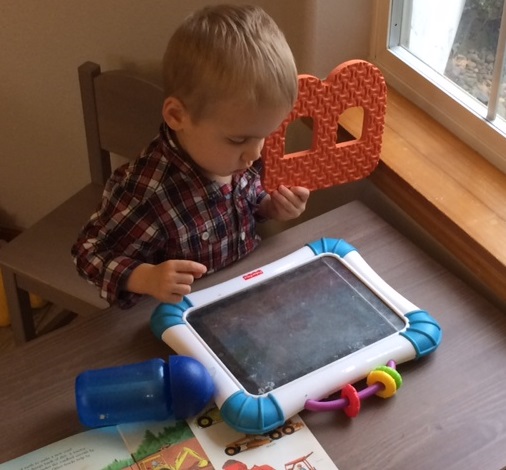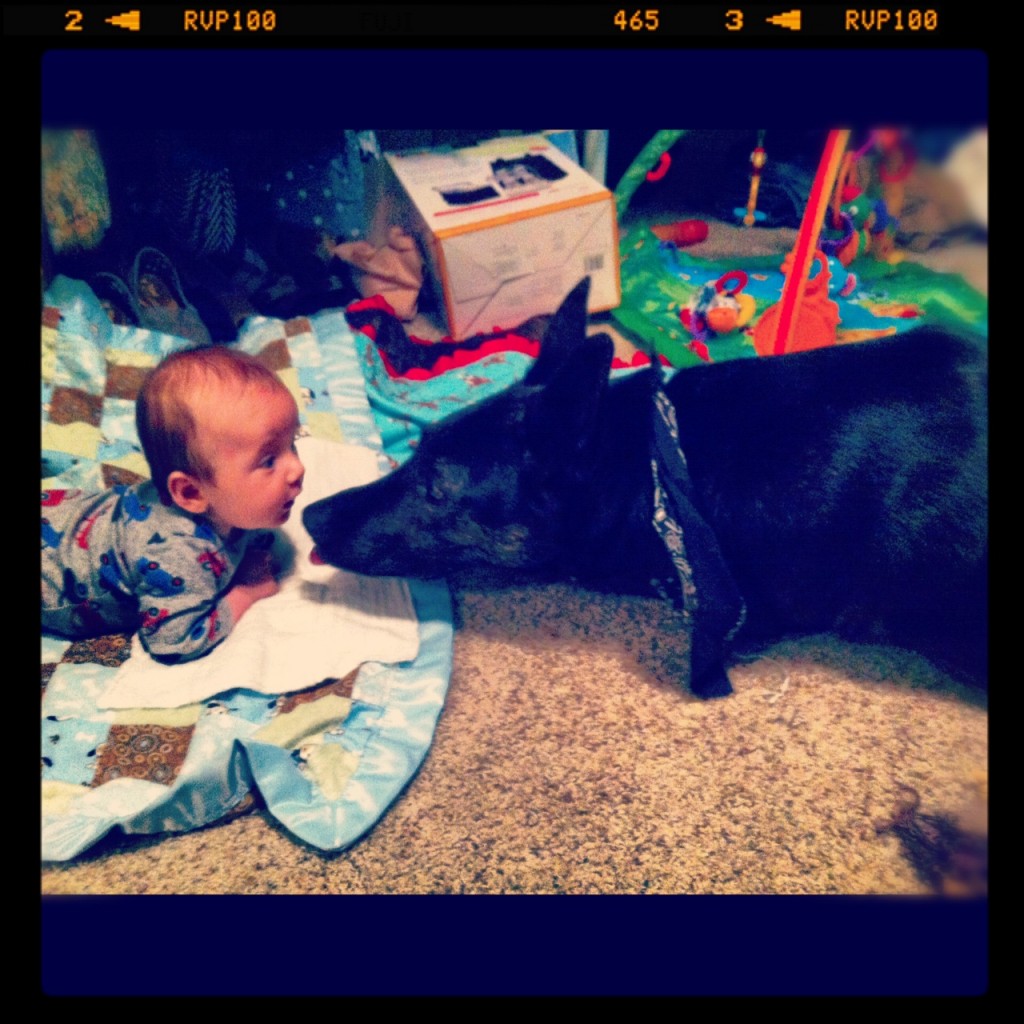Here’s a question I’ve been spending some time on lately. What kind of a digital footprint do I want to leave when I pass? Consider it a legacy, an archive, a portion of the hive mind, or just a really convoluted and intricate scrapbook of thoughts and interests.
This blog will serve as one piece of it. This is my most articulate public thinking. However there are many other aspects of the Internet public and private record that I will want preserved so that my kids can peruse the things I was interested in or thought about and use them against me as I grow older.
The majority of my time, since the dawn of the Internet, has been focused on the issues of privacy, security, and risk. Combine that with being a fairly high self-monitor and it leads to a pretty conservative presence on the public Internet. Oh, don’t forget the pervasive irrational fear of being wrong or interpreted incorrectly, those will keep you from writing things down as well but I’ve written about that before.
Most of these tools I use to assist in mediating my information flow but, since Benjamin was born, I’ve taken a little more care to preserve more of my day to day thoughts and history. I would highly recommend all the tools here for use regardless off your parental status. Here are some of the tools I use:
WordPress: This blog http://peopleinpassing.com/
Goodreads: It’s my digital bookshelf. I’ve done my best to archive all the books I’ve owned and read at GoodReads and I use it to keep track of all the interesting books I’ve heard about but have yet to read as well. Depending on what condition my physical library is in later on in life, I think this will come in handy for all concerned.
Evernote: I use Evernote quite heavily for capturing the things that interest me on a day to day basis. I used to use Delicious.com pretty heavily but it pales in comparison to the utility of Evernote (and you can import all your old links.) I use tons of other services but Evernote is my aggregation point. It has lots of features to integrate with other services and for those that don’t natively integrate there’s “If-This-Then-That” (ifttt.com).
Facebook: I’m generally a terrible Facebook user. I don’t check it for days or weeks, don’t respond to messages or friend requests in a timely manner, rarely post to it and even more rarely post anything personal. Still, looking back at the activity log there are some interesting “likes” and comments in the feed.
Gmail:Â The archive… mostly of subscription, Google alerts, distribution groups, etc… I’ve been writing letters to Benjamin since he was born. Not as many as I’d like of course. I’d like him to have more tidbits like “4/13/14 you combined “Daddy” and “Go” along with your finger pointed toward the door so you could play with your trucks by yourself.” I’ll continually try and be better about that.
Twitter:Â I’m generally a worse Twitter user than Facebook user. Maybe this will change with time. Early on I had to ration my access to it. I generally only follow people who share information (ie. links) and there were limited ways to focus the firehose so I would end up with two dozen tabs of interesting things open to “read later” and I wouldn’t get anything done. I’m starting to use it more as a tool to reach out to people in fields I have no business dabbling in.
Flickr: Â My photo archive. Once maintained and curated but that was long ago when I was heavily into photography and travelling (kind of like this blog). Maybe sometime in the future I will return to maintaining it but that will likely be years from now.
If at some point he’s interested in it, it will be there, time-stamped, tagged and waiting. If not I’m no worse for the effort. What tools do you use? What will you want your kids or the world to know about you? What kind of information legacy do you want to leave behind?



